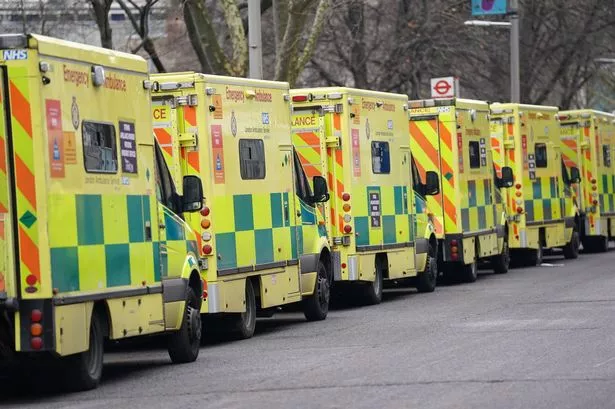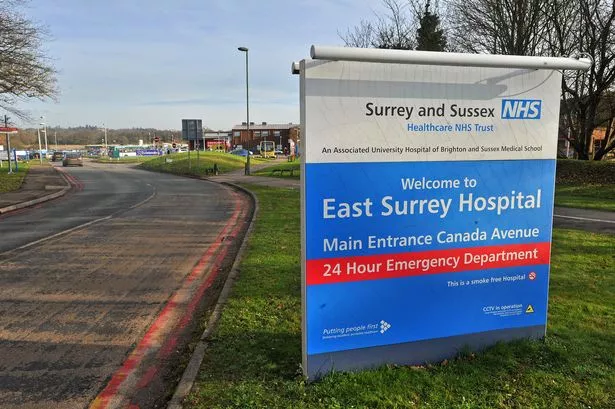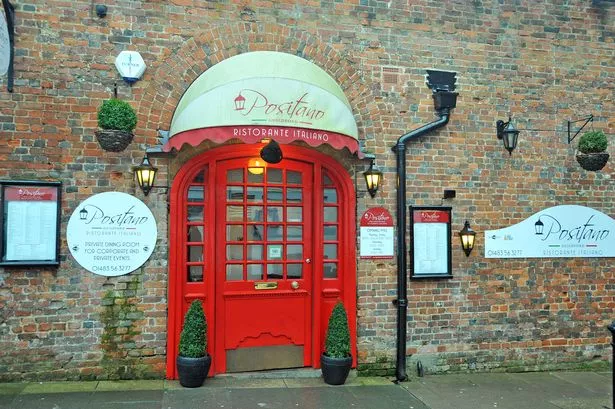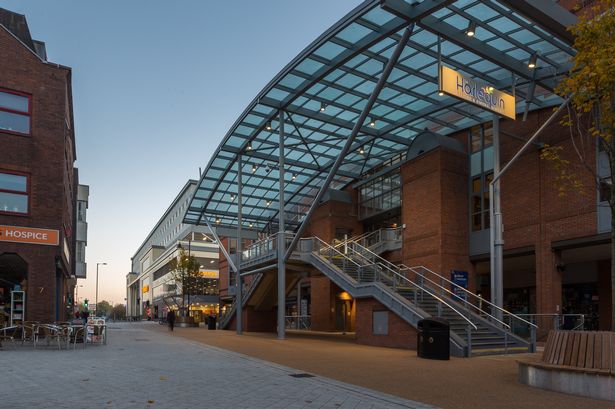The South East Coast Ambulance Service (SECAmb) is urging the public to make use of alternatives to calling 999, if they are not facing a life threatening or serious emergency.
The call comes after a busy festive period. On Boxing Day ( December 26) the service answered more than 3,000 calls to 999. Over the weekend of 28 and 29 December, it handled approximately 6,000 calls and at peak times across New Year’s Eve and New Years Day the service was responding to approximately to three calls every minute.
When the medical incident is less serious the public can instead speak to a pharmacist for advice or make use of NHS 111 either by phone or online at 111.nhs.uk.
Demand on the ambulance service and hospitals is expected to remain high. On Thursday (January 3) East Surrey Hospital in Redhill declared a critical incident due to high levels of demand.
Read more about it here:'Critical incident' is declared at Surrey hospital as patients are sent home
The Trust is asking patients whose condition isn’t life-threatening to utilise other NHS services such as nearby treatment centres at Crawley, Caterham Dene, Horsham and East Grinstead. Visitors to the site are also being asked to follow some additional measures to help curb the spread of winter viruses such as Flu and Norovirus – including practicing good hand washing and wearing masks in clinical areas for the first time this winter.
Essential services remain open for anyone who needs them. Anyone who is seriously ill or requires medical help for a life-threatening condition, must continue to come forward and call 999.
SECAmb Chief Executive, Simon Weldon said: “I would like to every colleague who has worked so hard throughout the past 12 months to respond to the needs of our patients. Thank you to everyone who has spent time away from their family and friends to look after our communities over Christmas and New Year.
“I would also like to thank all our volunteers. They provide vital support, day-in, day-out, to our frontline teams, freely giving up their time to make their communities safer.
“I am certain that 2025 will see our teams, whatever their role across our organisation, continue to provide compassionate care to their local population."























